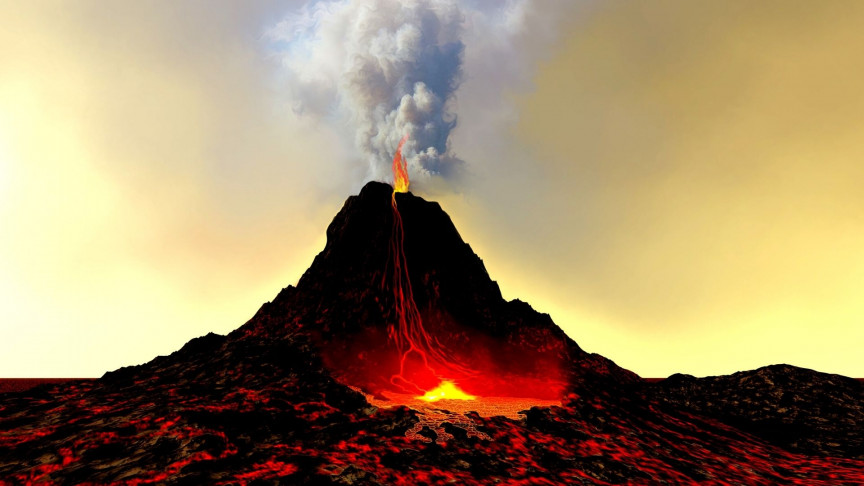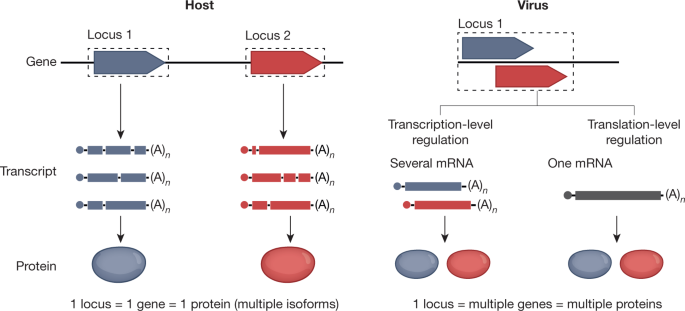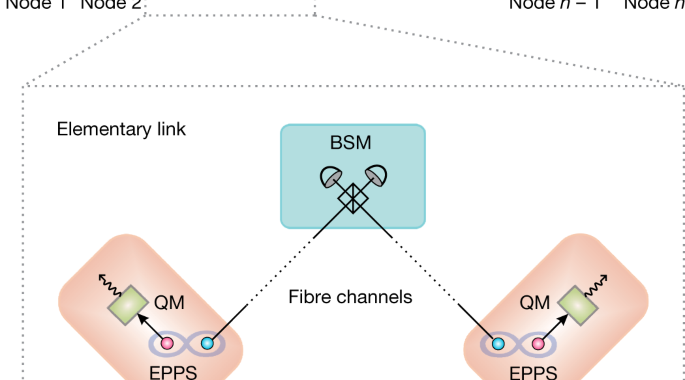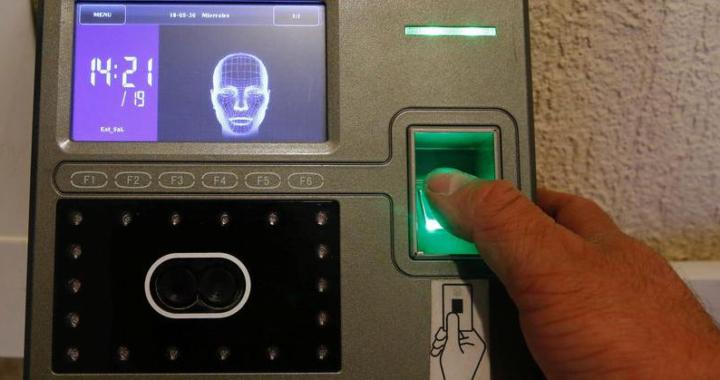Life on Mars? Volcanic Activity Hints The Red Planet Was Recently Habitable – Interesting Engineering
2 min read
New evidence shows that volcanic activity may have occurred on Mars in the past 50,000 years indicating that the red planet might have recently been habitable, a new study published in the journal Icarus explains.
Though Mars’ most volcanic period is thought to have occurred between 3 and 4 billion years ago, researchers from the University of Arizona’s Lunar and Planetary Laboratory and the Planetary Science Institute said they have uncovered evidence showing the red planet might still be volcanically active today.
If this were the case, microbial life may have existed relatively recently in certain regions, giving future Mars missions an indication of where to look in the continued pursuit for evidence of life on the planet.
‘There could still be volcanic activity on Mars’
The researchers made their discovery using data from satellites orbiting Mars. Looking at images of the red planet’s Elysium Planitia region, the team discovered a previously unknown 8-mile-wide (12.8 km) volcanic deposit that they believe to be the youngest documented deposit on the planet.
“The young age of this deposit absolutely raises the possibility that there could still be volcanic activity on Mars,” lead study author David Horvath said in a press statement.
Horvath also explained that the volcanic deposit means that there may have been habitable conditions below the surface of Mars in recent history.

“The interaction of ascending magma and the icy substrate of this region could have provided favorable conditions for microbial life fairly recently and raises the possibility of extant life in this region,” he said.
While the largest volcano in the solar system, Mars’s Olympus Mons, has been inactive for eons, the researchers said that their new study adds to growing evidence that the planet’s Elysium Planitia region was recently active.
As per study co-author Jeff Andrews-Hanna, associate professor at the University of Arizona Lunar and Planetary Laboratory and senior author on the study, “all these data seem to be telling the same story: Mars isn’t dead.”
Recent findings, including discoveries made using the seismic readings of NASA’s InSight mission — which have allowed scientists to map Mars’s core — indicate that the red planet is far from being a cold, dead world.








